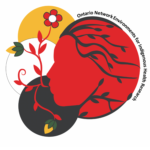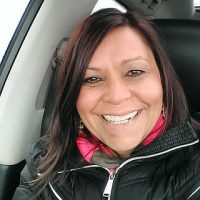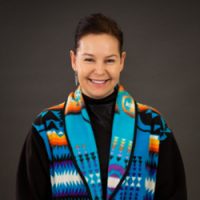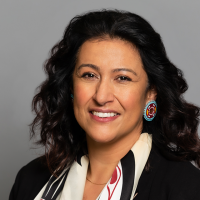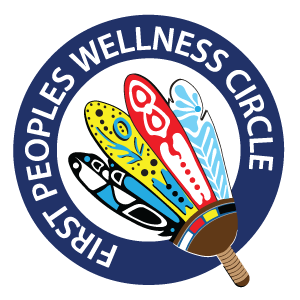PODCAST
pihtikwê: Visits with First Nations Psychologists
pihtikwê means “come on in”, “welcome” in Cree
This podcast series is developed by the Healing from Trauma and Reducing Addictions group, part of the Ontario Network Environments Indigenous Health Research (ON NEIHR) Program. Situated in 10 sites across Ontario, ON NEIHR is demonstrating how health systems should move away from Western biomedical treatment of Indigenous medical illness to holistic, culturally based interventions instead (which include sacred aspects of healing: physical, spiritual, emotional, and mental dimensions). This program is funded by the Government of Canada, through the Canadian Institutes of Health Research (CIHR). This group is led by Dr. Brenda Restoule (First Peoples Wellness Circle), Dr. Holly Graham (University of Saskatchewan), and Dr. Alanaise Ferguson (University of British Columbia-Okanagan).
This project aims to centre the voices of Indigenous experts and leaders working in the mental wellness field to promote collective learning and mobilize knowledge to support Indigenous well-being. The central theme in this work is healing from trauma and reducing addictions. Indigenous psychologists and leaders in the mental wellness field will share their stories, knowledge, and lived experiences.
The purpose of our podcast series is to mobilize and share Indigenous knowledge related to trauma repair, recovery from addictions, community survivance, and care across Indigenous communities in Canada. Our goal is to provide listeners with access to conversations about the lived experiences of psychologists and leaders in the mental wellness field. We will discuss how that relates to challenges and successes in navigating and working within systems of care, and strength-based and cultural approaches to healing.
The podcast episodes will discuss topics related to:
- Strength-based approaches to care;
- Challenges and successes in the field;
- Personal perspectives and experiences; and
- Analysis of the system/s of care
Listen to the podcast:
The hosts:
Interview Questions:
The guiding questions are flexible and adaptable to each guest.
- What are some key successes and challenges you’ve experienced working in trauma-informed ways with/within Indigenous communities?
- From your perspective, what are the current gaps in the delivery of mental health care for Indigenous peoples?
- As a psychologist and leader in the mental wellness field, who works to support others on their healing journey, how do you attend to trauma in ways that may be different because of your cultural worldview, understandings, and practices (for example, do you address spirituality)?
- Do you have any advice for others interested in working in the field?
Podcast music: Kâkike by Fawn Wood (Cree and Salish from Alberta)


